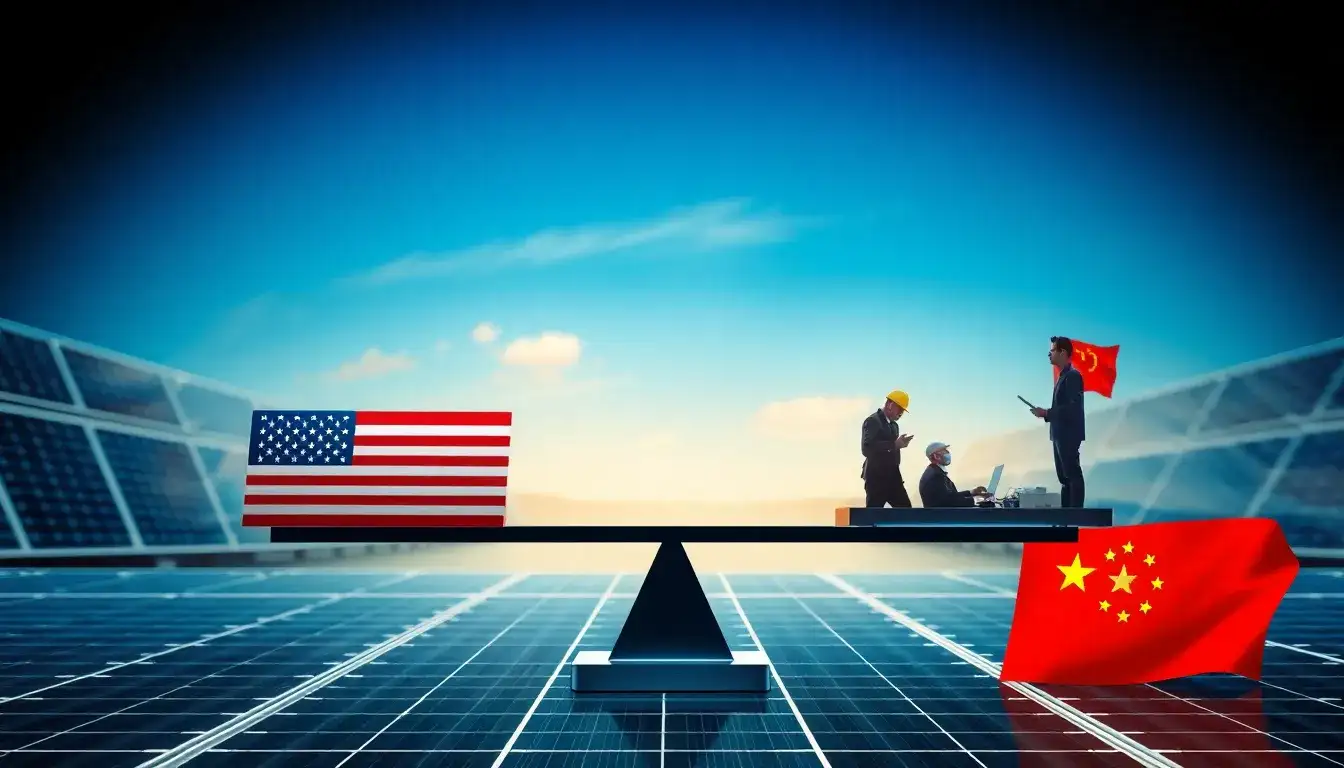
In light of the significant measures introduced in the United States regarding “high tariffs,” how should Chinese enterprises respond?
As of April 7, 2025, the U.S. has implemented tariffs on imports totaling 54.3 GW, primarily affecting goods from the four countries of Southeast Asia. This year, the U.S. has already enforced measures against these countries under the “countervailing” framework, initiating a series of 301 investigations targeting a range of products. Consequently, these countries are now expected to adjust their strategies to cope with these tariffs.
On April 7, the U.S. government announced new tariffs, which were echoed by Chinese analysts, indicating that the tariffs would be set at 10% for most affected goods. Specifically, tariffs on Chinese products would be 34%, 20% for European goods, 24% for Japanese products, and 46% for South Korean products. These tariffs are set to take effect from April 5, 2025, while other measures will be initiated on April 9.
This policy is likely to have a profound impact on the economic landscape. On April 7, the Chinese A-share market saw a 7% increase, with deep corrections expected in the future as the market adjusts to these new tariffs.
In recent years, Chinese companies have been actively developing new energy sources, and many have already established a strong foothold in the U.S. market. However, the new tariffs will significantly impact their export capabilities, especially for battery products, which are largely dependent on U.S. demand.
According to recent reports, China’s manufacturing enterprises are primarily focused on providing goods to the U.S. market, and the tariffs will likely lead to increased production costs, affecting their competitiveness. Furthermore, the Chinese government has expressed concerns regarding the potential for these tariffs to lead to broader economic repercussions.
In response to these challenges, Chinese companies must now rethink their strategies to ensure sustainability in a changing trade environment. Analysts suggest that these tariffs could push companies to diversify their markets and strengthen their domestic supply chains to mitigate the impact of U.S. tariffs.
Given the complexities of international trade relations, the situation remains fluid, and companies must stay agile and responsive to evolving policies. The emphasis on developing robust energy sectors may serve as a cushion against external pressures, positioning Chinese enterprises to better navigate these turbulent waters.
For more insights on this subject, visit Relevant anchor text.







